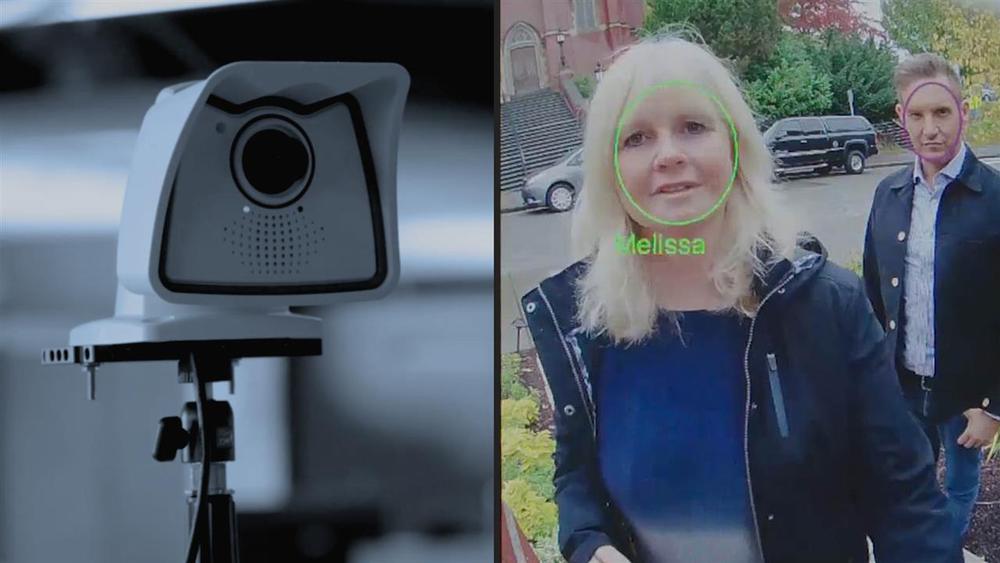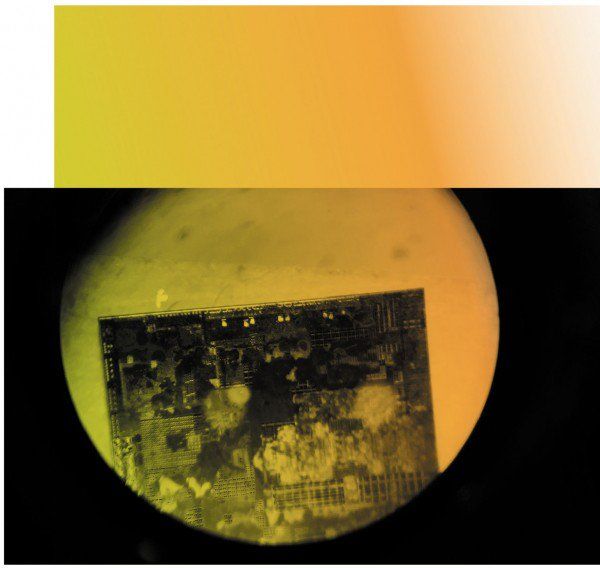These dated interfaces are not equipped to handle today’s exponential rise in data, which has been ushered in by the rapid dematerialization of many physical products into computers and software.
Breakthroughs in perceptual and cognitive computing, especially machine learning algorithms, are enabling technology to process vast volumes of data, and in doing so, they are dramatically amplifying our brain’s abilities. Yet even with these powerful technologies that at times make us feel superhuman, the interfaces are still crippled with poor ergonomics.
Many interfaces are still designed around the concept that human interaction with technology is secondary, not instantaneous. This means that any time someone uses technology, they are inevitably multitasking, because they must simultaneously perform a task and operate the technology.








